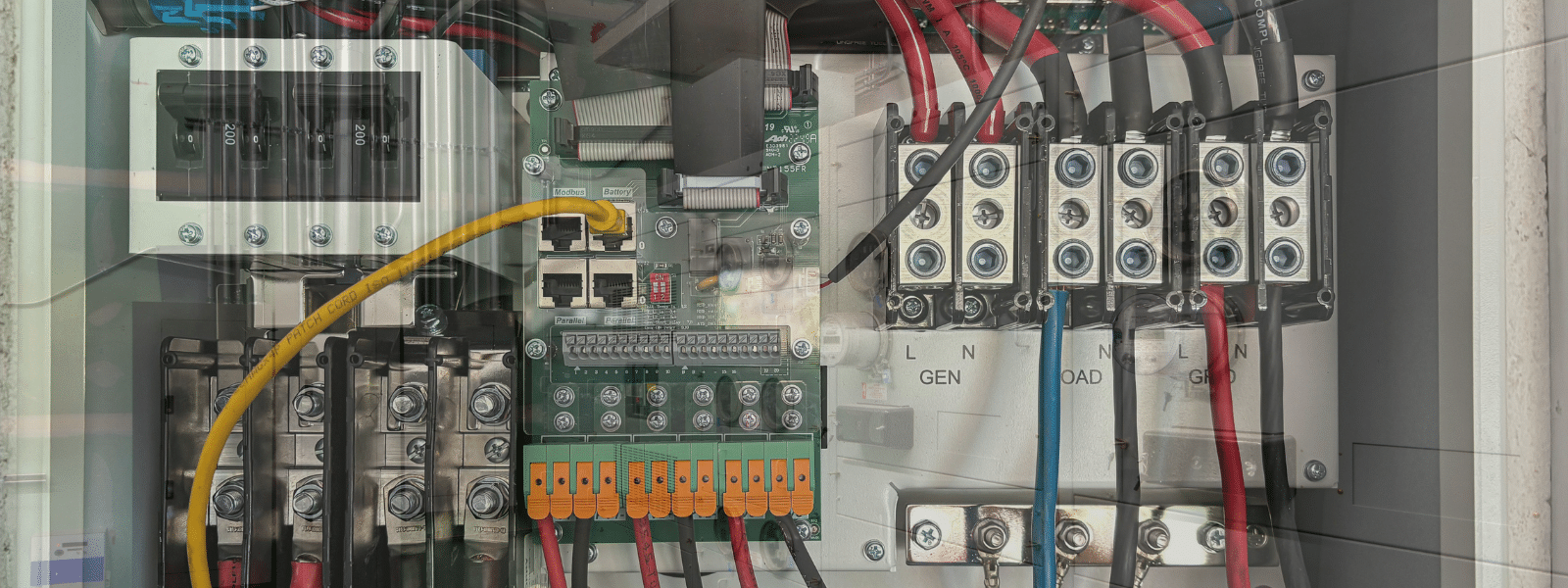If electric motors play a crucial role in your company or organization’s operations, you can ill-afford for them to perform inefficiently or unreliably. Part of ensuring that your motors are efficient and reliable is using the right electric motor cleaning solvent. There are plenty of options on the table. If you need assistance with basic considerations, the questions below will guide you in the right direction.
- Are you cleaning specific parts?
If you need to clean specific parts, look for solvents that are meant for those parts. Common examples include: contacts, turbines, relays, etc. As you shop, you’ll find that an electric motor cleaning solvent is often formulated to clean more than one type of motor component.
- What metals must be cleaned?
Electric motors can contain various types of metal, from different grades of stainless steel, to different alloys of iron, to copper and aluminum assemblies. This is why it’s important to identify a solvent that doesn’t cause any type of metal in your motors to corrode or oxidize.
- Will motors remain energized?
Whenever possible, most motor cleaning is performed while motors are powered off. However, in some situations (e.g. operating a 24-hour manufacturing line), motors must be cleaned while they are powered on. When this is the case, a solvent that contains a dielectric is required. Otherwise, electricity could travel through the solvent stream and shock the worker.
- Are sources of ignition present?
If so, you should ideally select an electric motor cleaning solvent that has no flashpoint. If this isn’t an option, selecting a compatible cleaner with the highest flashpoint possible should be the goal. No flashpoint solvents help prevent fires on the workfloor and in the solvent storage area.
- Are parts geometrically complex?
If you need to clean parts inside the motor housing, the answer is probably yes. If so, using an aerosol solvent would be ideal. The particles in the spray stream disperse evenly across surfaces, and make their way into crevices and seams that can harbor accumulated soils.
- How often is cleaning performed?
This question deals with solvent cost. If you clean motors multiple times a week, ordering your electric motor cleaning solvent in bulk may be the most effective supply model. If you perform cleaning infrequently, ordering the solvent you require in small amounts on an as-needed basis may be most cost effective.
About Our Company
Ecolink is a trusted supplier of environmentally safe and environmentally preferred industrial cleaning solvents. Cleaning electric motors is a common need among our customers. This is why we offer a selection of solvents that are formulated for cleaning different types of motors and motor components. In addition to providing stock solvents, we also supply custom solvents for motor cleaning.
To inquire about our products and services, please contact us today at (800) 563-1305, or send us an email through the contact form on our website. We look forward to learning about your motor maintenance operations and proposing solvent solutions that can improve them.















